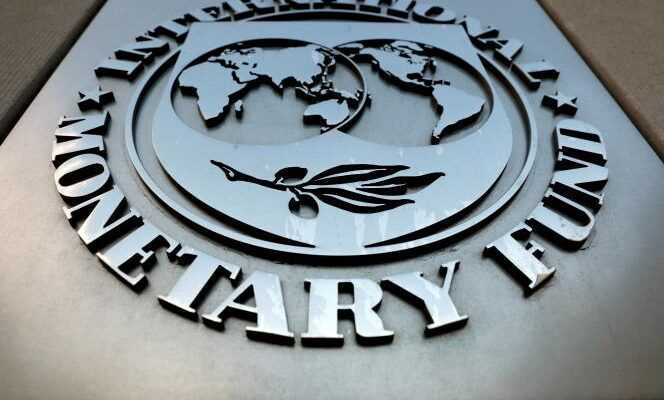The information fits in a few lines, but it risks damaging the credibility of the International Monetary Fund (IMF), when her boss, Kristalina Georgieva, is accused of bias for having favored China in a ranking, when she was Managing Director of the World Bank.
The Independent Evaluation Office (IEO), the IMF’s department responsible for evaluating its own activities, sought to understand, in a report released on September 9 and has since gone unnoticed, why its growth forecasts were so optimistic for developing countries. crisis. The errors of assessment are not only technical. “Fund staff may be encouraged to validate unrealistic growth projections, which close budget gaps and result in a favorable opinion on debt sustainability, while hoping to convince the authorities to move forward on difficult reforms,” can we read in chapter 44.
The authors of the report cite a few examples, starting with Latvia, which in 2008 received aid from the institution against the implementation of a severe austerity plan. “IMF staff predicted a GDP contraction of between 6% and 8% in 2009, due to statistics indicating a severe recession, but they agreed to a program of a 5% decline, as the authorities considered their overly pessimistic estimates ”, they note. That year, the contraction finally reached… 14%.
Another country, another crisis: Jamaica. IMF economists tasked with negotiating an aid package recognize that “Medium-term growth forecasts were probably too optimistic”. They note, however, that“It would have been complicated to get national support for a program whose medium-term growth projections were even lower.”
Perverse long-term effects
For the IEO, these distorted forecasts are not systematic: “Overall, the data suggests that, in the sample of countries used to assess IMF programs, effective growth rates are not consistently lower. “ After the publication of this report, Mr.me Georgieva had welcomed his conclusions, without however commenting on the part devoted to the” optimism “ growth forecasts.
Even if these data “Unrealistic” concern only countries in crisis with which the IMF has negotiated a support program, it is the credibility of the institution that is at stake. Its forecasts, which are closely followed, make it possible to assess the viability of a debt or define the outlines of a rescue plan. They are also taken into account when setting the interest rate on a loan granted to a country in financial distress.
You have 54.12% of this article to read. The rest is for subscribers only.
